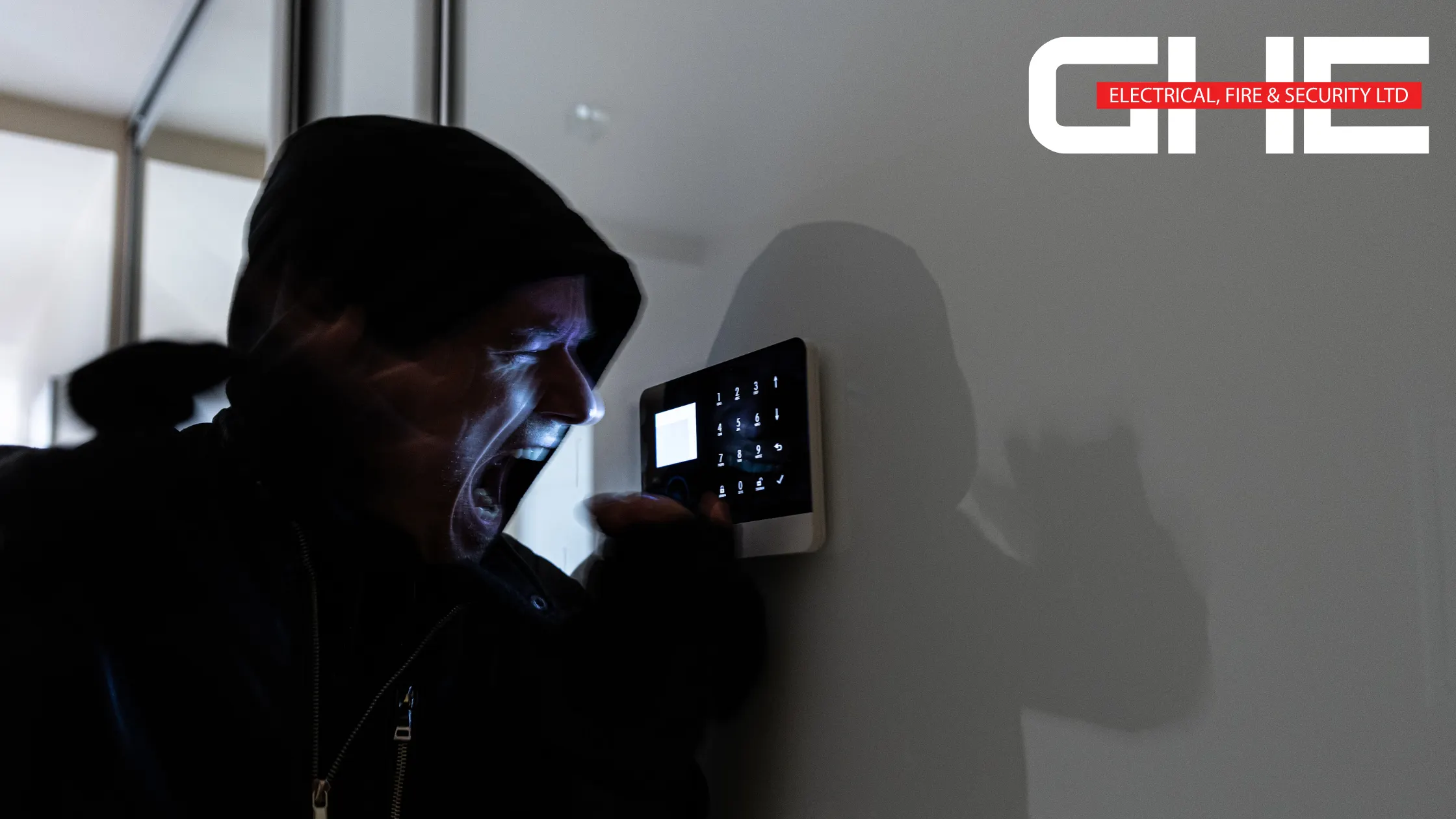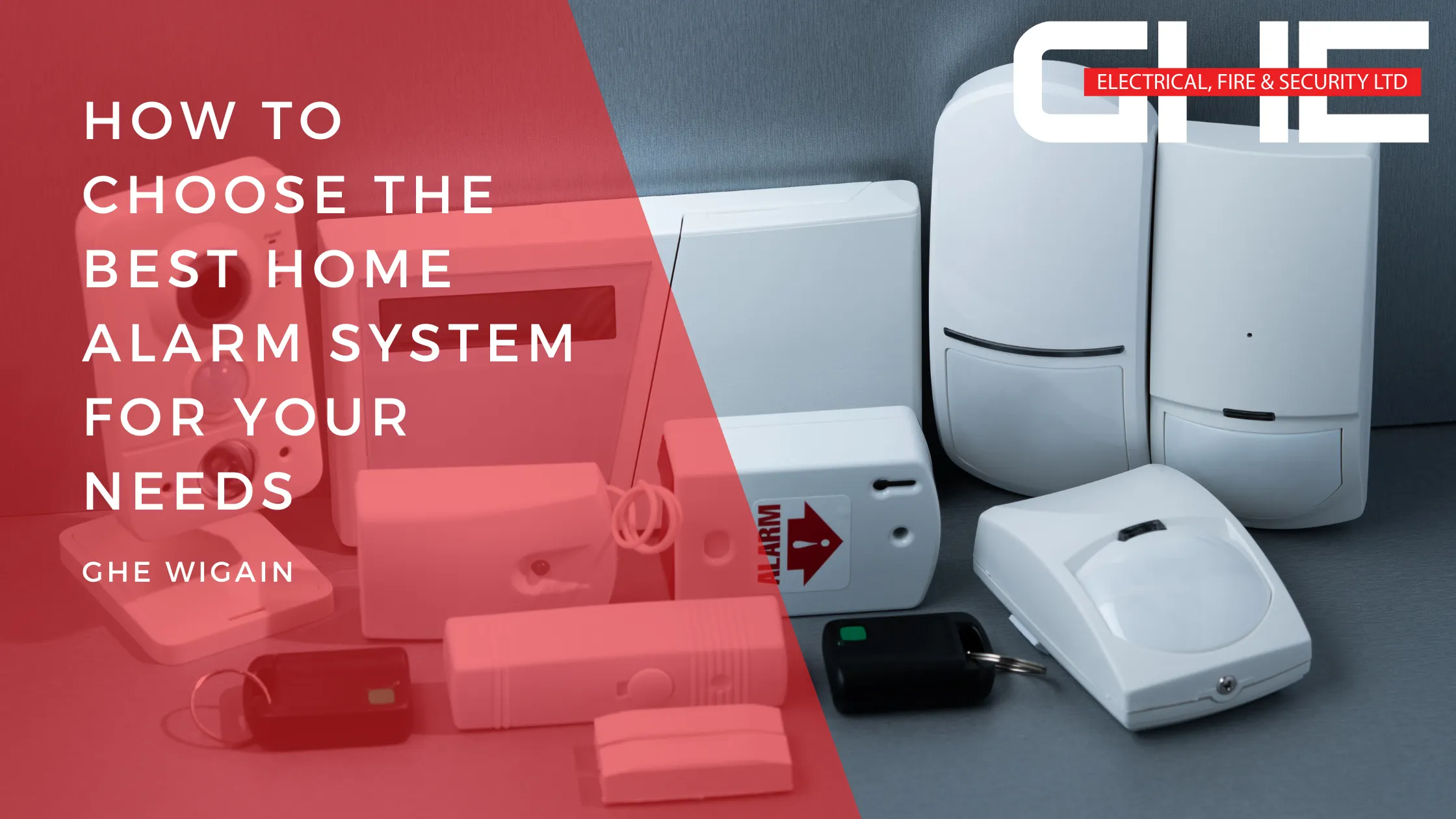How to Choose the Best Home Alarm System for Your Needs
 Choosing the best home alarm system can be a daunting task with so many options available on the market. A well-chosen alarm system can provide peace of mind, protect your property, and ensure the safety of your loved ones. This guide will help you navigate the key factors to consider when selecting the perfect home alarm system for your needs.
Choosing the best home alarm system can be a daunting task with so many options available on the market. A well-chosen alarm system can provide peace of mind, protect your property, and ensure the safety of your loved ones. This guide will help you navigate the key factors to consider when selecting the perfect home alarm system for your needs.
Assess Your Security Needs
The first step in choosing the best home alarm system is to assess your security needs.
Consider the following questions:
• What type of property do you live in (house, flat, bungalow)?
• What are the crime rates in your area?
• Do you have valuable items that need extra protection?
• Are there specific areas of your home that are more vulnerable to break-ins?
Understanding your specific needs will help you narrow down the options and choose a system that offers the right level of protection.
Types of Home Alarm Systems
There are several types of home alarm systems to choose from, each with its own set of features and benefits. Here are the most common types:
Monitored Systems
Monitored alarm systems are connected to a monitoring centre that provides round-the-clock surveillance. When the alarm is triggered, the monitoring centre is notified and can dispatch emergency services if necessary. This type of system offers a high level of security and peace of mind but usually comes with a monthly subscription fee.
Unmonitored Systems
Unmonitored systems rely on loud sirens and alerts to notify you and your neighbours of a break-in. While these systems are generally cheaper and do not have ongoing fees, they do not offer the same level of security as monitored systems.
Wireless Systems
Wireless alarm systems are easy to install and can be expanded with additional sensors and cameras as needed. They use radio signals to communicate between components, making them less vulnerable to tampering compared to wired systems. However, they may require regular battery replacements.
Wired Systems
Wired alarm systems are typically more reliable and less susceptible to interference than wireless systems. They require professional installation, which can be more expensive and time-consuming. These systems are ideal for larger properties or new builds where the wiring can be integrated into the construction process.
Key Features to Look For
When choosing a home alarm system, consider the following key features to ensure it meets your needs:
Control Panel
The control panel is the central hub of your alarm system, allowing you to arm and disarm the system and control other features. Look for a user-friendly control panel with intuitive controls and a clear display.
Sensors
Sensors are a crucial component of any alarm system. Common types include door and window sensors, motion detectors, and glass break sensors. Ensure the system you choose has enough sensors to cover all entry points and vulnerable areas of your home.
Cameras
Cameras provide an additional layer of security by allowing you to monitor your property in real-time. Look for systems with high-resolution cameras, night vision, and the ability to view footage remotely via a smartphone app.
Alerts and Notifications
A good alarm system should provide instant alerts and notifications in the event of a break-in or other emergency. Ensure the system can send alerts to your smartphone or other devices so you can respond quickly.
Integration with Smart Home Devices
Modern alarm systems often integrate with other smart home devices, such as smart locks, lights, and thermostats. This integration allows for a more comprehensive and connected security solution. Consider whether you want a system that can be integrated with your existing smart home setup.
Backup Power
In the event of a power outage, your alarm system should have a backup power source to ensure continuous operation. Look for systems with battery backups or the option to connect to an uninterruptible power supply (UPS).
Professional Installation vs. DIY
Decide whether you want to install the system yourself or hire a professional. DIY systems are typically easier to install and more cost-effective, while professional installation ensures that the system is set up correctly and provides optimal security.
Conclusion
Choosing the best home alarm system for your needs involves assessing your security requirements, understanding the different types of systems available, and considering key features. Whether you opt for a monitored, unmonitored, wireless, or wired system, the right choice will provide peace of mind and protect your home effectively. Take the time to research and compare different options to find the perfect fit for your home and lifestyle.


